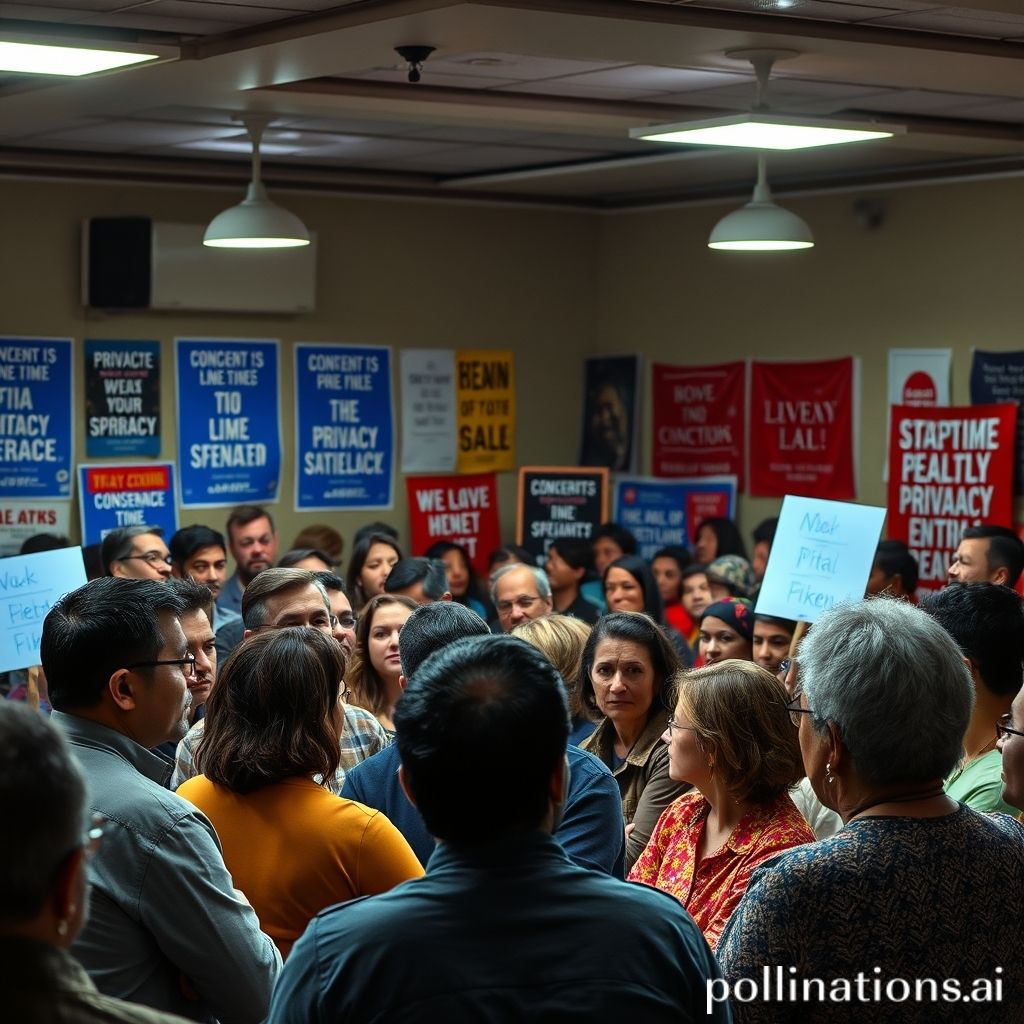Navigating the Controversy: FAA’s Starlink Partnership
The Federal Aviation Administration’s (FAA) recent partnership with SpaceX’s Starlink for upgrading air traffic communications has sparked significant controversy. While promising to modernize critical infrastructure, it has raised concerns about potential conflicts of interest involving Elon Musk, SpaceX’s CEO [1].
Musk has approved shipping 4,000 Starlink terminals to the FAA, marking a significant step in this partnership. However, the lack of transparency regarding contract details has fueled skepticism, particularly given Musk’s dual role in recommending federal spending cuts, including at the FAA itself [2].
Critics argue that this arrangement creates a troubling scenario where Musk could potentially influence regulations affecting his own businesses. The situation raises questions about the integrity of regulatory oversight and the potential for compromised aviation safety standards [3].
Conflict of Interest or Strategic Alliance?
The FAA’s decision to use SpaceX’s Starlink internet system for upgrading its information technology networks has sparked debate about ethical implications. Critics argue that Musk’s dual positions as SpaceX CEO and advisor on federal spending cuts present a clear conflict of interest [2].
Questions are being raised about Musk’s role in overseeing government agencies that are supposed to be regulating his businesses. The concern is that Musk’s influence over federal funding decisions could potentially be swayed by his business interests, or at least create the appearance of impropriety [3].
Supporters might argue that this represents a strategic alliance between public and private sectors, leveraging cutting-edge technology to improve critical infrastructure. However, the timing and nature of the contract, coupled with Musk’s involvement in recommending budget cuts, have intensified the ethical debate.
Public Reaction: What Do Americans Think?
The public reaction to the FAA-Starlink partnership has been mixed. Many express unease about the potential ramifications, viewing it as a troubling example of corporate influence in government affairs. Others see it as a necessary technological advancement [3].
Aviation experts have voiced concerns about the impact on air traffic safety, particularly in light of proposed FAA staffing cuts that Musk has reportedly endorsed. Competitors in the telecommunications industry, such as Verizon, have emphasized their own capabilities, underscoring the high stakes involved in upgrading critical air traffic management systems [1].
The lack of transparency surrounding the contract details has further fueled public skepticism. Many Americans are calling for greater clarity and accountability in the decision-making process.
The Funding Dilemma: How Will This Affect Other Projects?
The FAA-Starlink partnership has raised concerns about potential impacts on funding for other critical projects and services. With Musk advocating for “deep cuts in federal government spending, including staffing cuts at the FAA,” there are worries that other crucial FAA projects and services might face funding shortfalls [2].
The agency must carefully balance its technological upgrades with maintaining sufficient resources for its core responsibilities, such as air traffic control, safety inspections, and regulatory oversight. The concern is that prioritizing this high-profile IT upgrade could lead to reduced funding for equally important but less visible projects across the nation.
Future of Air Traffic Control: What’s Next for Starlink?
The potential integration of Starlink technology into air traffic control systems could revolutionize aviation communication by providing more reliable and potentially global coverage. However, it also raises concerns about system reliability, security, and the implications of a private company having such a crucial role in national air safety infrastructure [4].
Senator Ed Markey has expressed worries about potential conflicts of interest, given Musk’s role as CEO of SpaceX and his connections to the previous administration [5]. The ongoing shortage of air traffic controllers adds another layer of complexity to the situation [6].
Your Voice Matters: Join the Discussion
Public engagement is crucial for maintaining and improving aviation safety standards. You can get involved by staying informed, participating in public forums, contacting your representatives, joining aviation safety advocacy groups, and sharing your experiences [7].
The ongoing discussions about regulatory integrity, such as the Senate Commerce Committee’s scrutiny of regulatory decisions, underscore the importance of public engagement in these matters [8]. Your participation can help ensure that safety remains the top priority in aviation.

Leave a Reply